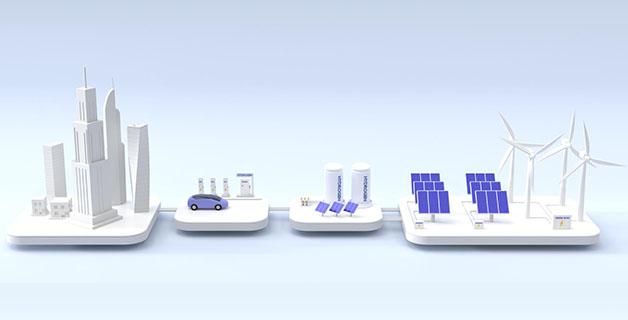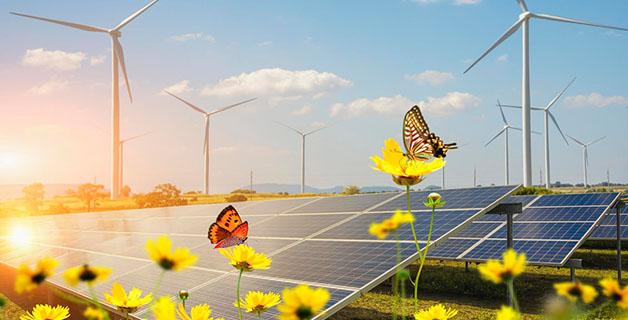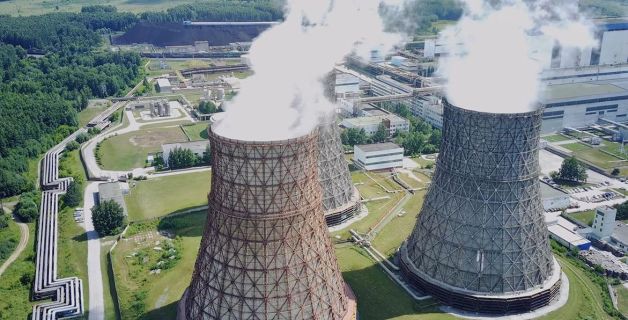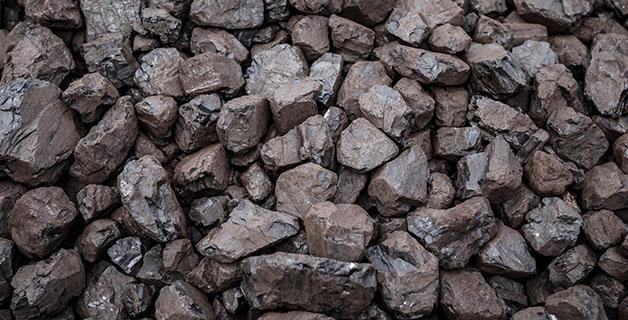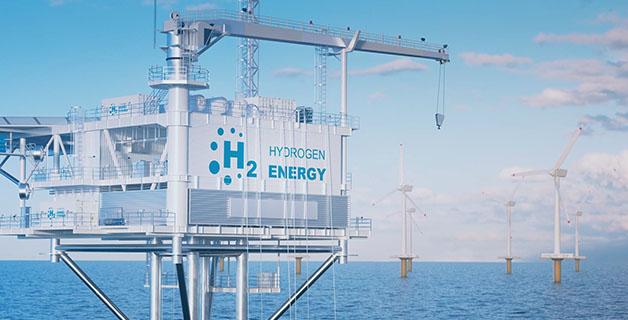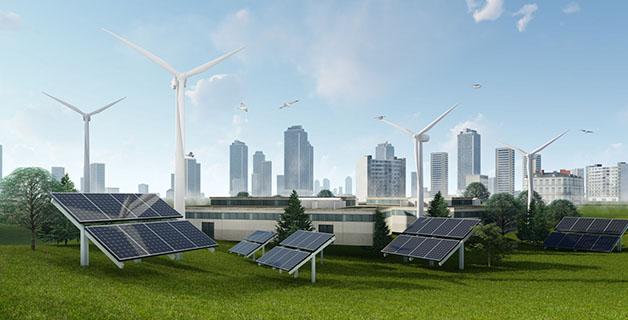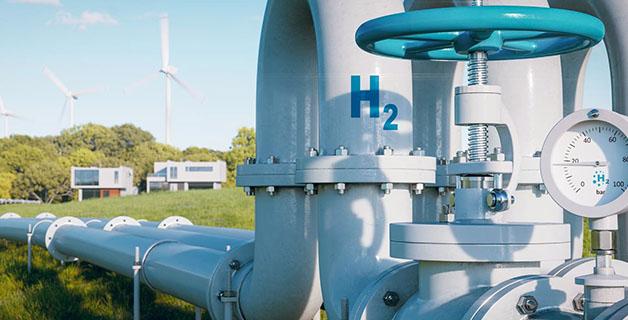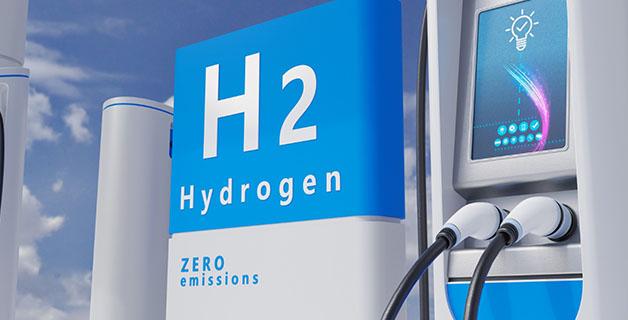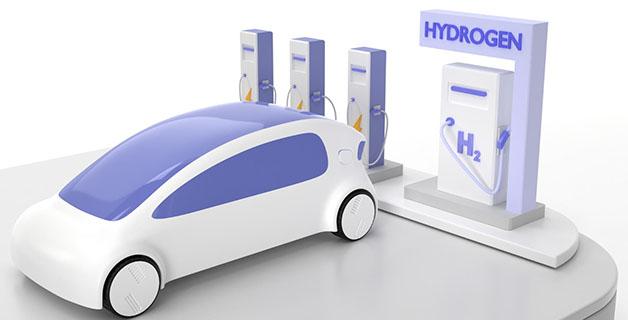-
2022-06-27Featured Articles
The development of hydrogen energy application market and ecological chain as an inevitable supporting policy
When the development of hydrogen energy has become a national strategic policy, it is to gradually reduce the dependence on traditional energy, especially the fossil fuels that have been reliant on the most carbon-rich fossil fuels for a century, and it will not be easy to replace them.
-
2022-06-24Featured Articles
Most countries to produce green hydrogen conditionally
Germany tends to directly develop green hydrogen, aiming to improve the framework conditions for the efficient use of renewable energy for power generation. The state-led fair pricing of energy prices can enhance the production of "green hydrogen". The UK clearly adopts a dual-track approach to produce green and blue hydrogen. Its offshore wind generates more electricity than any other country, effectively reducing electricity sector emissions by more than 70 percent between 1990 and 2019.
-
2022-06-20Featured Articles
EU to proposes nuclear power as one of hydrogen production options
There are many ways to produce hydrogen fuel by nuclear energy, but the mainstream is to produce it by electrolysis of seawater like renewable energy. The most attention is the use of a new generation of small high-temperature gas-fired reactors developed by developed countries to produce hydrogen with high-temperature heat. Moreover, The EU plans to invest 500 billion Euros in the nuclear energy business by 2050.
-
2022-06-17Featured Articles
Japan's brown hydrogen first to curb costs as a priority
Hydrogen is taken as an attribute of secondary energy. The most controversial part is that in this production process, energy is required, which leads to several problems. In the spring of 2021, the governments of Japan and Australia led the use of lignite with extremely low commercial value to produce hydrogen in the Latrobe Valley, Victoria, which is called brown hydrogen; and study the feasibility of developing greenhouse gases that will be injected into the coastal seabed.
-
2022-06-13Featured Articles
The governments of the US, UK, Korea and China to embrace hydrogen energy as a global trend
The South Korean government released the basic plan for the implementation of the hydrogen energy economy at the 4th hydrogen energy economy committee meeting held in November 2021, building a rigorous hydrogen energy production and its infrastructure, integrating hydrogen into daily life, and strengthening the foundation of the ecosystem.
-
2022-06-10Featured Articles
Japan and Europe as the pioneers in promoting national strategic policies for hydrogen energy
At the end of 2017, Japan's cabinet meeting announced the basic strategy for hydrogen energy, set action plans and goals before 2030, and drew up the future vision for 2050, hoping to lead the world in realizing a hydrogen energy society. In autumn 2018, the European Commission and Member States signed the European Hydrogen Initiative, which established hydrogen technology and its systems as a plan to create a strategic value chain to replace fossil fuels.
-
2022-06-06Featured Articles
Hydrogen energy has generally become a strategic policy in various countries
Human beings have long relied on fossil fuels as the main energy source, resulting in carbon emissions and serious damage to the environment. Seeking alternative energy has always been the goal of efforts, although considerable gains have been achieved, it is still unable to completely replace fossil fuels.
-
2022-06-03Featured Articles
Hydrogen vehicles more in line with the criterion of new energy vehicles than lithium electric vehicles
The power source of the lithium electric vehicle comes from the charged lithium battery, so the overall performance is almost kidnapped by the limitation of its material and electrochemical reaction, which is the most fundamental bottleneck, resulting in the failure of normal operation at high and low temperature and the limited power storage.
-
2022-05-30Featured Articles
The cruising range of hydrogen vehicles exceeds 1,000 kilometers, much higher than that of fuel vehicles and lithium electric vehicles
The time for mass production of hydrogen energy vehicles is short. It has only been 8 years since its launch in 2014, and there is still a lot of room for improvement.
-
2022-05-27Featured Articles
A bottleneck in the breakthrough of new lithium battery capacity
To make a new breakthrough in upgrading lithium battery capacity upper limit, lots of car manufacturers and lithium battery suppliers focus on developing more efficient thermal management systems.
-
2022-05-23Featured Articles
Surviving in extremely cold temperature is not an issue for hydrogen cars
Currently, the proton exchange membrane technology is the mainstream of hydrogen fuel cells for vehicles, because its characteristics can better meet the needs of mobile vehicles with fast startup and low operating temperature.
-
2022-05-20Featured Articles
The performance of lithium battery will decline under low temperature conditions
Since low temperature brought a negative impact on lithium batteries, the heating system can be used to increase the temperature. However, The higher loading of the battery’s consumption will shorten the battery life, even the endurance ability.

